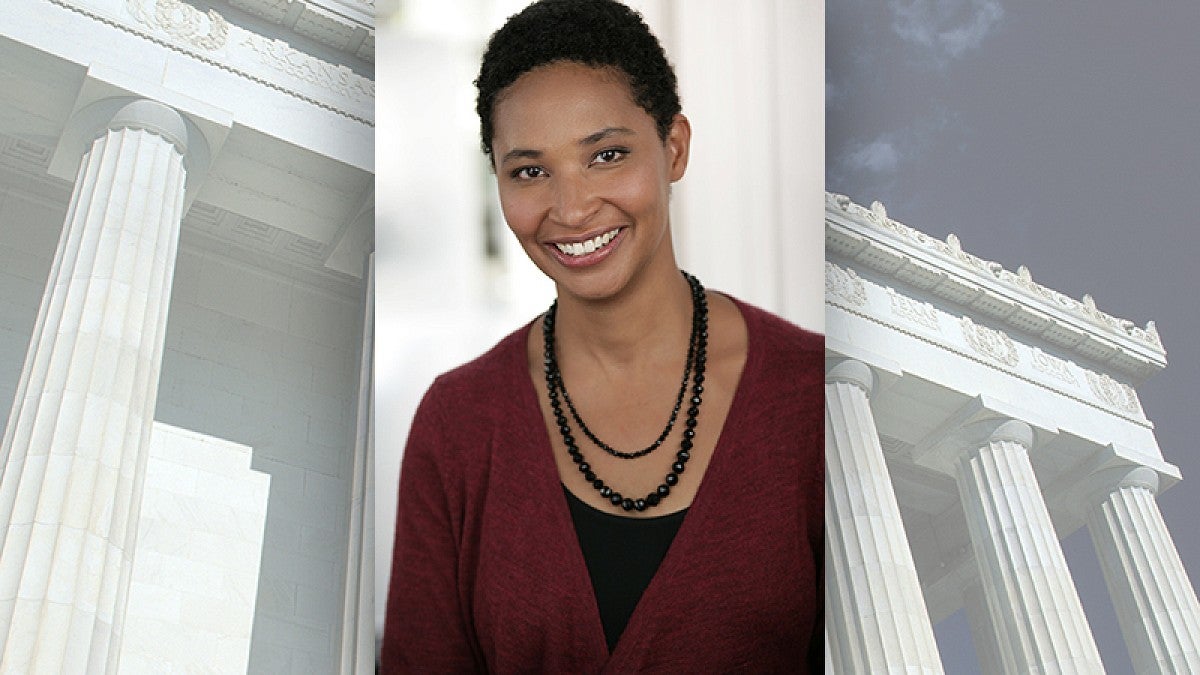A Harvard University professor will discuss the ease with which people can participate in online petitions or conversations about current events can seduce some away from serious civic activities into “slacktivism.”
Working with a team of collaborators, political theorist Danielle Allen has developed 10 design principles for effective, equitable and self-protective civic agency in a digital age. These principles provide guidance to those functioning as civic actors and to those who are designing platforms or organizations to cultivate, support or channel civic involvement.
Allen will address “Ethics of Participation in the Digital Age” at 7:30 p.m. Tuesday, May 21, in Room 156, Straub Hall on the UO campus as the Oregon Humanities Center’s 2018-19 Kritikos Lecturer in the Humanities. Allen’s talk will be the final lecture in The Common Good series.
Allen is an analyst of history and contemporary events and a leader in higher education. She is currently director of the Edmond J. Safra Center for Ethics at Harvard University as well as a professor in Harvard’s Department of Government and Graduate School of Education.
Before joining Harvard, she was UPS Foundation Professor in the Institute for Advanced Study at Princeton University, the first African American faculty member to be appointed to the Institute that was Einstein’s home for two decades.
Of her upcoming talk, Allen writes, “’60s activists insisted the personal is political. Change-makers in the digital age get that idea and one-up it with another rallying cry: the political is social and cultural.”
Allen advises that “your platforms and digital strategies need to make this principle count, so that you, your peers and your audiences engage each other, and the allies you all want, in high-quality, equitable and effective participation in digital-age civics, activism and politics. What’s more, you need digital environments that actively support the secure development of your identities as participants in public spheres, so your civic and political engagement today doesn’t harm or haunt you later. Thinking that through comes first.”
Allen is the author of six books, including “Our Declaration: A Reading of the Declaration of Independence in Defense of Equality,” which won the Francis Parkman Prize from the Society of American Historians and the Chicago Tribune’s Heartland Prize for Nonfiction; and “CUZ: The Life and Times of Michael A.”
Allen’s lecture is free and open to the public and will be followed by a book sale and signing provided by J. Michaels Books. For information or disability accommodations, which must be made by May 14, call 541-346-3934 or contact ohc@uoregon.edu.


